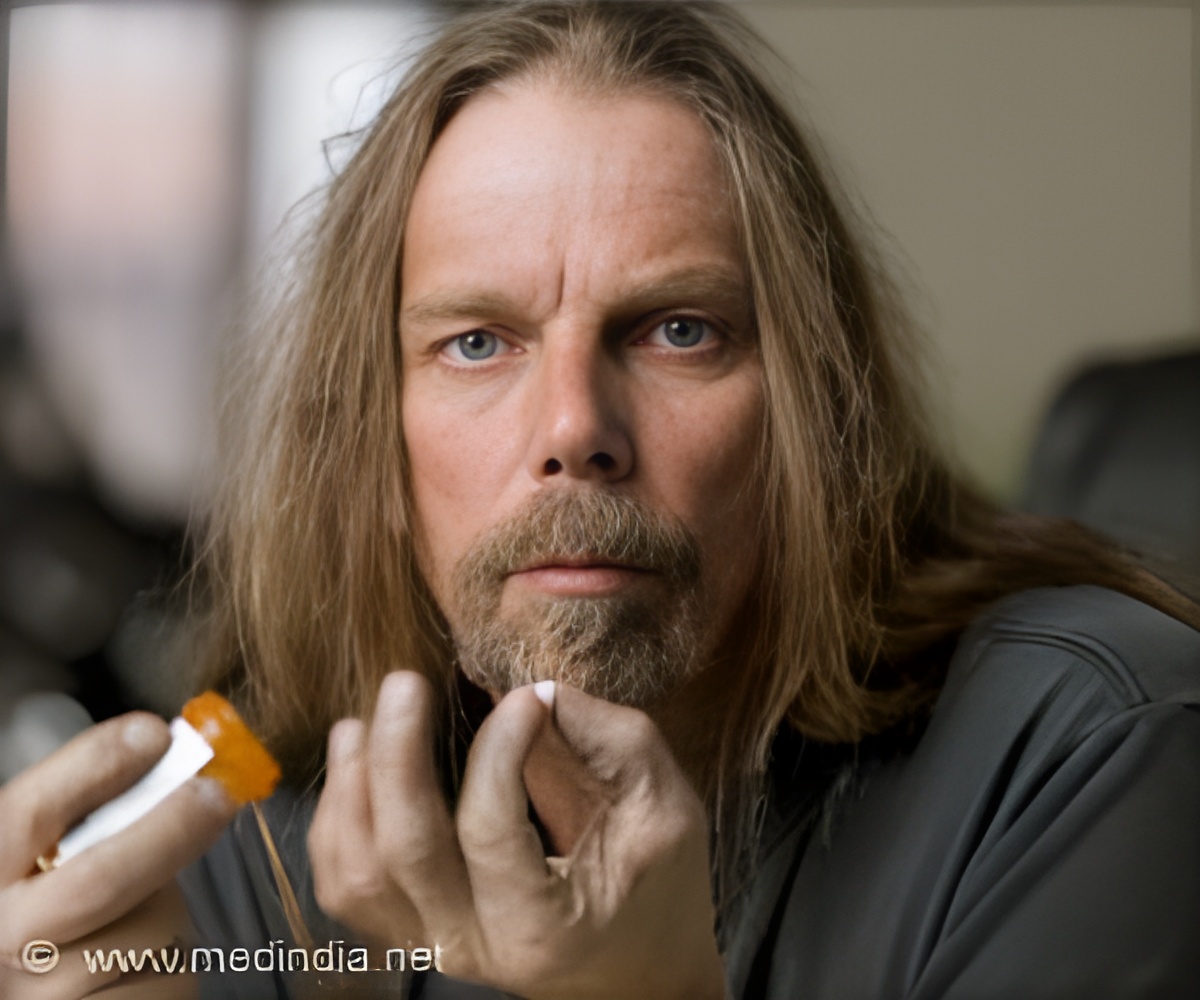
‘Increased buprenorphine access could lead to decreased health costs, less drug-related criminal activity, low transmission rates of infectious disease.’
Read More..Tweet it Now
The Drug Addiction Treatment Act of 2000 allows physicians to prescribe buprenorphine, a schedule III medication for outpatient treatment of OUD. However, according to the authors, the steps required for patients to initiate buprenorphine treatment and for prescribers to provide buprenorphine are onerous. Read More..
"It is not surprising that many patients who require buprenorphine are unable to access this medication. Throughout the process patients can lose motivation and never start the treatment they need. Even after taking the necessary steps, most prescribers who receive a Drug Enforcement Agency waiver do not prescribe buprenorphine to allowable limits," explained corresponding author Payel Roy, MD, instructor of medicine at Boston University School of Medicine.
The authors believe buprenorphine could be offered without a prescription, available behind the counter in a model similar to that used for other medications, while limiting unrestricted access by setting age and quantity limitations. "Limiting quantities to a three-day supply could encourage patients to seek long-term treatment from a clinician for their medical and psychosocial needs. But having the choice to walk into a pharmacy, any time day or night and buy a dose of buprenorphine rather than inject a dose of fentanyl that can kill you, seems a good option," said co-author Michael Stein, MD, professor and chair, Health Law, Policy & Management at Boston University School of Public Health.
The authors concede there are several challenges and concerns for providing buprenorphine without a prescription that need to be considered, including the risk associated with taking the drug in combination with other drugs and/or alcohol, the possibility that it may become a gateway drug, the chance that it may be shared or sold, and the lost benefit of long-term physician monitoring.
"However, given the enormous burden of OUD, increased buprenorphine access could lead to reduced health costs, less drug-related criminal activity and lower transmission rates for infectious disease in addition to saving lives," said Roy, a second-year addiction medicine fellow at Boston Medical Center.
Advertisement
Source-Eurekalert





